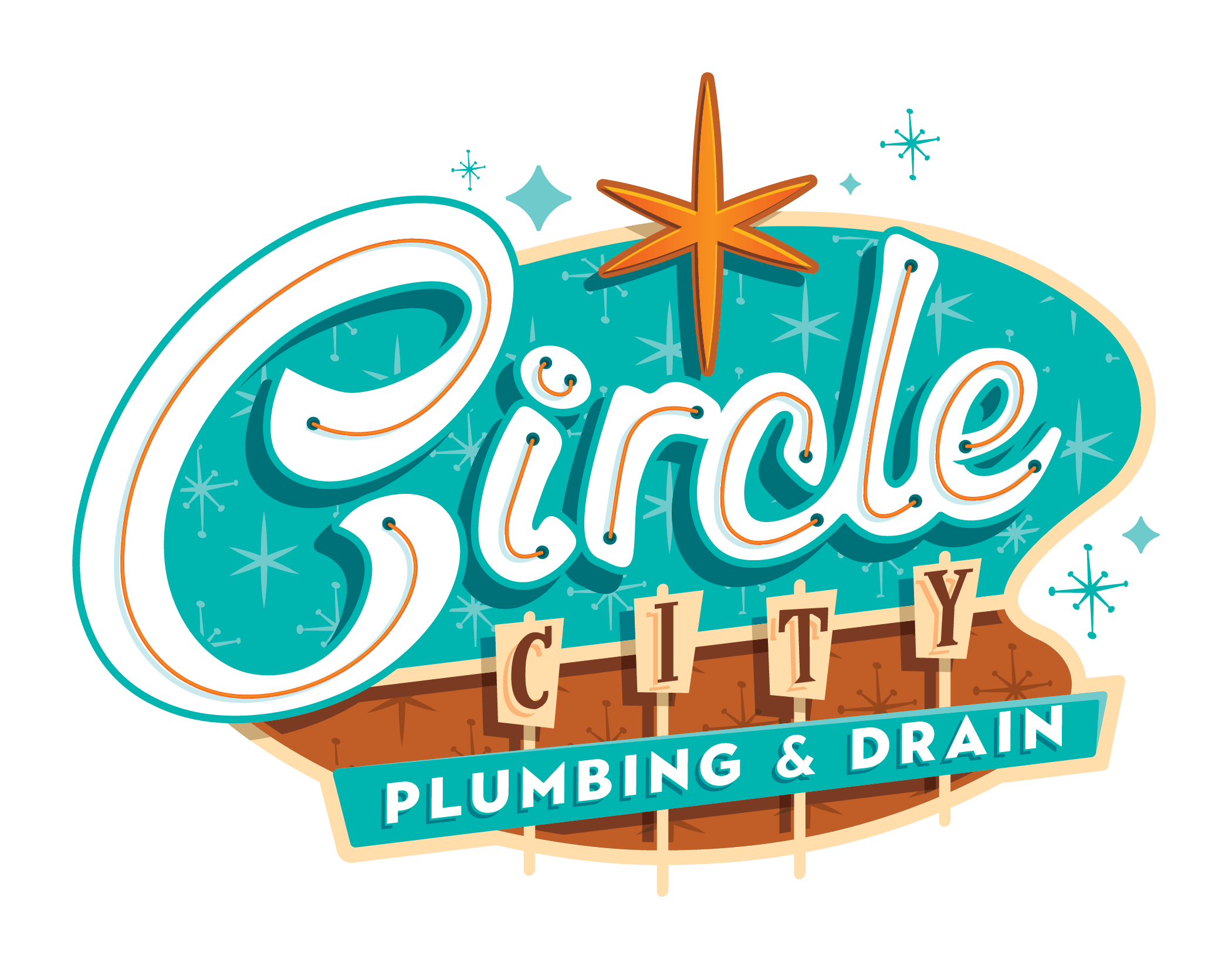Importance of Regular Washer Plumbing Inspections
Regular inspections of your washer plumbing are crucial to ensure the smooth operation of your laundry appliances. By checking the plumbing periodically, you can catch any potential issues early, preventing costly repairs or replacements down the line. Don’t overlook the importance of maintaining your washer plumbing system for the overall efficiency of your laundry routine.
Moreover, washer plumbing inspections can help you avoid water damage to your home. Leaks or blockages in the plumbing can lead to water seepage, causing structural damage and mold growth. By staying proactive with inspections, you protect both your appliances and your property from the damaging effects of water leaks.
In addition to preventing damage, regular inspections can also contribute to the longevity of your washing machine. Well-maintained plumbing reduces the strain on the appliance, extending its lifespan and ensuring that it operates at its best. By investing time in inspecting your washer plumbing, you’re investing in the durability of your washing machine.
By understanding the importance of regular inspections, you empower yourself to take control of your home maintenance. Keeping an eye on your washer plumbing allows you to address any issues promptly, maintaining a hassle-free laundry experience. Stay proactive, and your washer plumbing will thank you with reliable performance.
Signs That Indicate Your Washer Plumbing Needs Inspection
Knowing when your washer plumbing needs inspection is key to preventing potential problems. If you notice unusual noises during the washing cycle or slow drainage after a load, it might be time to schedule an inspection. These signs can indicate issues such as clogs or leaks that require professional attention.
Another common indication that your washer plumbing needs inspection is the presence of water around the appliance. Whether it’s visible leaks or pooling water near the washing machine, these signs should not be ignored. Addressing water-related issues promptly can save you from costly water damage repairs in the future.
Keep an eye out for changes in water pressure or irregular water flow during the wash cycle. Fluctuations in water pressure can signal underlying plumbing problems that need to be investigated. Don’t wait for these signs to escalate; be proactive in identifying when your washer plumbing requires professional inspection.
If you detect musty odors emanating from your washing machine or the surrounding area, it’s a clear indication that mold or mildew might be present in the plumbing system. Mold growth can compromise indoor air quality and pose health risks to your household. Prompt inspection and remediation can safeguard your home environment.
Recommended Frequency for Washer Plumbing Inspections
The recommended frequency for washer plumbing inspections typically ranges from once a year to every few years, depending on usage and the age of your appliances. If your household relies heavily on the washing machine with frequent loads, more frequent inspections may be necessary to catch potential issues early.
For older homes or properties with aging plumbing systems, scheduling inspections more frequently can help prevent unexpected breakdowns or water damage. Consider the age of your plumbing infrastructure and the condition of your washer when determining how often inspections should be conducted. Prevention is key to avoiding costly repairs.
If you’ve recently moved into a new home or purchased a pre-owned washing machine, it’s advisable to have the washer plumbing inspected soon after to ensure everything is in working order. Starting with a clean slate and establishing a regular inspection schedule sets the foundation for a well-maintained plumbing system and appliances.
Ultimately, the goal of regular washer plumbing inspections is to maintain the efficiency, performance, and safety of your laundry appliances. By adhering to a recommended inspection frequency, you can stay ahead of potential issues, prolong the lifespan of your washer, and enjoy a worry-free laundry experience. Don’t overlook the significance of proactive maintenance!



0 Comments